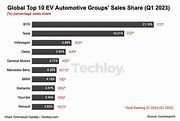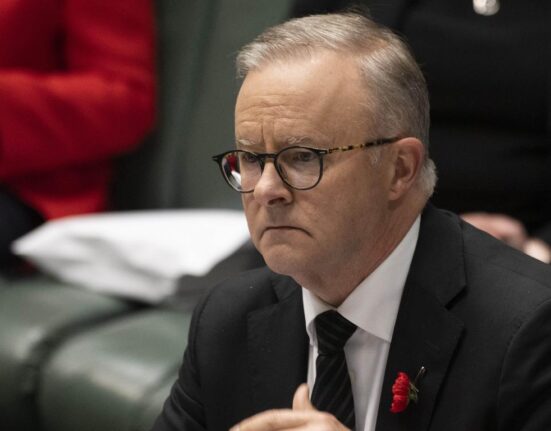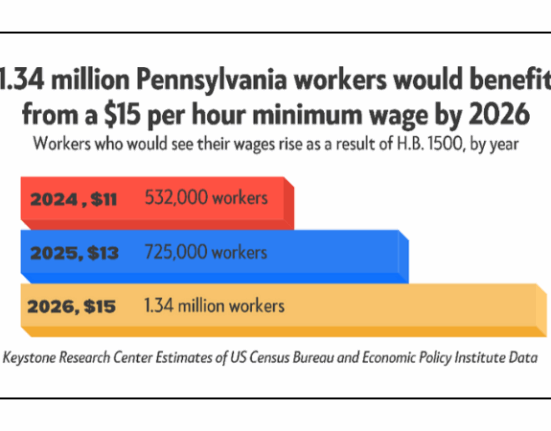The world of electric vehicles (EVs) is expanding rapidly, with a plethora of options available to consumers. However, despite the growing popularity of EVs, certain fears and concerns are holding back sales in the market.
Consumer skepticism regarding the longevity of EV batteries and the absence of a thriving second-hand market are primary reasons why more people are hesitant to embrace EV technology. Despite government projections suggesting that EVs will eventually dominate Australian roads, recent data indicates that only 5.9% of new cars sold in the country are electric vehicles.
A recent study conducted by insurance giant NRMA sheds light on key factors contributing to Australians’ lack of confidence in EVs. Among these factors are doubts surrounding finding qualified technicians for repairs, uncertainties about the safety and viability of second-hand EV parts like batteries, as well as concerns about the proper disposal of EV batteries at the end of their lifecycle.
NRMA’s research highlighted that existing EV owners express significant worries about the shortage of skilled technicians capable of repairing electric vehicles. Julie Batch, CEO of NRMA Insurance, emphasized this issue by pointing out a national deficit in automotive repair technicians and underscoring the unique skills required to service EVs effectively.
Batch noted that misinformation plays a role in creating fear among consumers, particularly regarding battery safety. She addressed misconceptions around battery fires and stressed that incidents involving EV battery fires during charging are rare.
Moreover, concerns about recycling and disposing of EV batteries loom large among potential buyers. Misgivings over battery fires persist even though evidence suggests such occurrences are uncommon. The lack of information on what happens to batteries at their end-of-life poses additional challenges for consumer confidence in new vehicle purchases.
On a positive note, government initiatives have proven effective in driving up EV sales. For example, following the implementation of Australia’s National Electric Vehicle Strategy in 2023, there was a notable increase in nationwide EV purchases within just one year.
The report also underscores how an absence of a robust second-hand market for EVs further complicates matters for prospective buyers. Batch highlighted that greater ownership of pre-owned EVs could instill confidence in new vehicle durability and foster increased adoption rates.
In line with efforts to promote eco-friendly transportation solutions like electric vehicles, various government measures have aimed to boost consumer interest through investments in charging infrastructure and incentives for purchasing electric cars.
Despite challenges hindering widespread adoption, experts remain optimistic about the future growth potential for electric vehicles in Australia and beyond. As technology advances and awareness increases, addressing consumer apprehensions around issues like battery longevity and maintenance accessibility will be crucial steps toward achieving broader acceptance and utilization of electric vehicles across diverse markets worldwide.









Leave feedback about this